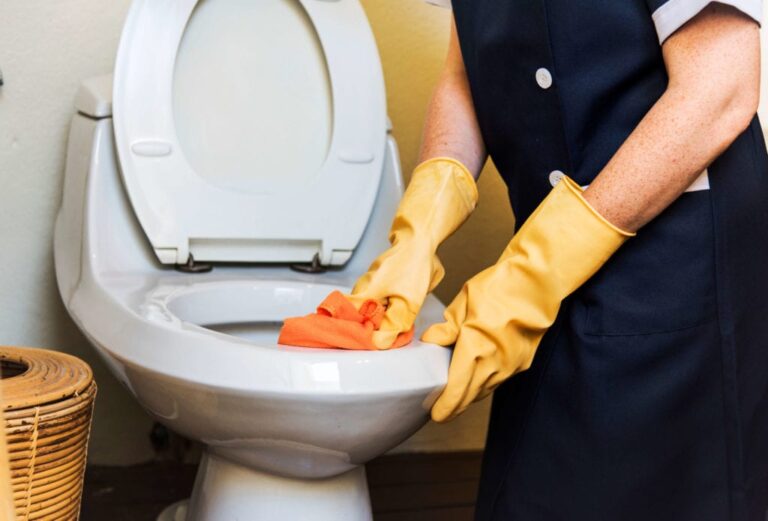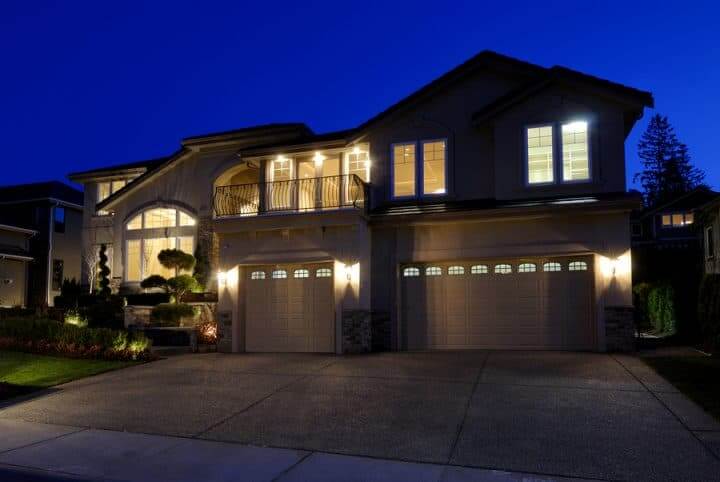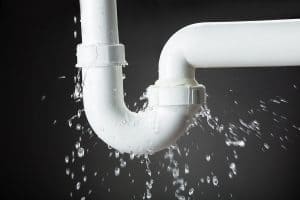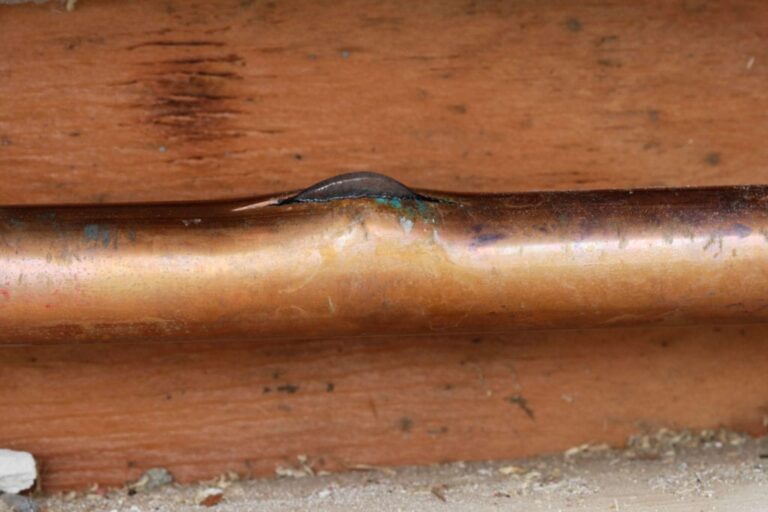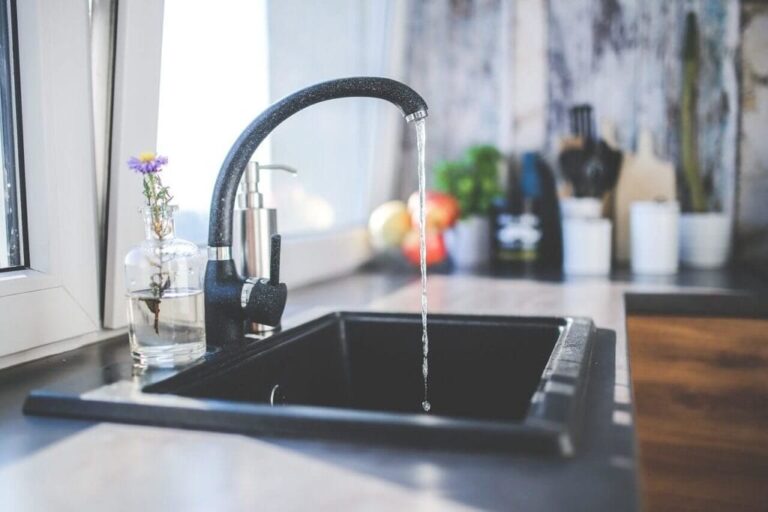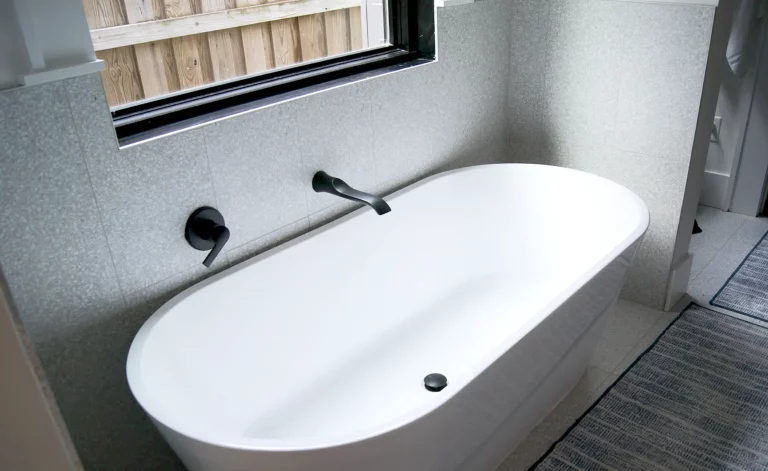Plumbing Maintenance and Prevention Tips: A Comprehensive Guide for Raleigh Homeowners
Key Takeaways
Monthly Drain Cleaning
Prevents clogs and ensures smooth water flow throughout your home.
Annual Water Heater Maintenance
Extends equipment life and improves energy efficiency.
Seasonal Pipe Inspections
Identify issues before they become costly problems.
Fixture Maintenance
Prevents leaks and minimizes water waste effectively.
Professional Inspections
Catch hidden issues early and keep your system running smoothly.
Raleigh Climate Care
Includes freeze protection & humidity control specific to local conditions.
Essential Plumbing Maintenance Tasks
Monthly Maintenance Routine
Monthly maintenance forms the foundation of effective plumbing care. Homeowners should inspect visible pipes for signs of corrosion, leaks, or damage. Check all faucets and fixtures for proper operation and water pressure consistency.
Clean sink and shower drains monthly to prevent buildup of hair, soap scum, and debris. Pour hot water down drains to dissolve grease and maintain proper flow. Avoid using harsh chemical drain cleaners that can damage pipes over time.
Test all shut-off valves to ensure they operate smoothly. Mineral deposits and corrosion can cause valves to stick, making them ineffective during emergencies. Turn valves clockwise to close and counterclockwise to open, checking for smooth operation.
Seasonal Maintenance Considerations
Raleigh’s climate presents unique challenges that require seasonal attention. Spring maintenance should focus on checking outdoor faucets and irrigation systems after winter freezes. Inspect hose bibs for cracks or damage caused by freezing temperatures.
Summer maintenance emphasizes water conservation and system efficiency. Check for signs of high water usage that might indicate hidden leaks. Monitor water pressure and flow rates to ensure optimal performance during peak usage periods.
Fall preparation involves protecting pipes from freezing temperatures. Disconnect and drain outdoor hoses, shut off water to exterior faucets, and insulate exposed pipes in crawl spaces and attics. The EPA’s WaterSense program provides excellent guidelines for water-efficient maintenance practices.
Water heaters require annual professional maintenance to operate safely and efficiently. Flush the tank annually to remove sediment buildup that reduces heating efficiency and shortens equipment life. Check the temperature and pressure relief valve to ensure proper operation.
Inspect the anode rod every two to three years and replace it when significantly corroded. The anode rod protects the tank from corrosion and extends its operational life. Test the water temperature at faucets to ensure consistent heating performance.
For tankless water heaters, annual descaling prevents mineral buildup that reduces efficiency. Clean or replace water filters as recommended by the manufacturer. Check venting systems to ensure proper combustion air flow and exhaust removal.
Pipe Inspection and Maintenance
Regular pipe inspections identify potential problems before they cause significant damage. Look for signs of corrosion, especially on older galvanized steel pipes common in Raleigh homes built before 1980. Check joints and connections for minor leaks that can worsen over time.
Insulate pipes in unheated areas to prevent freezing and reduce energy costs. Foam pipe insulation provides excellent protection and easy installation. Pay special attention to pipes in crawl spaces, attics, and exterior walls.
Monitor water pressure throughout your home using a pressure gauge. Normal residential water pressure ranges from 40 to 60 psi. High pressure can damage fixtures and appliances, while low pressure indicates potential supply issues or pipe blockages.
Preventive Measures for Common Problems
🚿 Drain Maintenance
Drain maintenance prevents the majority of plumbing emergencies. Install drain screens in all sinks and showers to catch hair and debris before they enter the drainage system. Clean these screens weekly to maintain effectiveness.
Avoid pouring grease, oil, or food scraps down kitchen drains. These substances solidify in pipes and create stubborn blockages. Instead, dispose of grease in containers and throw food scraps in the trash or compost.
Use enzyme-based drain cleaners monthly to break down organic matter naturally. These products maintain drain flow without damaging pipes or creating environmental concerns. Pour the cleaner down drains before bedtime to allow extended contact time.
🛠️ Fixture Care
Fixture maintenance extends equipment life and prevents water waste. Clean faucet aerators monthly to remove mineral deposits that restrict water flow. Soak aerators in white vinegar to dissolve calcium and lime buildup effectively.
Check for toilet repairs quarterly for proper operation. Adjust the chain length if the flapper doesn’t seat properly. Replace worn flappers that allow water to leak from the tank into the bowl continuously.
Inspect caulking around tubs, showers, and sinks annually. Remove old caulk and apply fresh sealant to prevent water damage to surrounding structures. Proper caulking protects against mold growth and structural damage.
🔎 Leak Detection
Early leak detection prevents water damage and reduces utility costs. Check your water meter before and after a two-hour period when no water is used. If the meter reading changes, you have a leak that requires investigation.
Install water leak detectors near water heaters, washing machines, and under sinks. These devices alert you to leaks before they cause significant damage. Smart leak detectors can send notifications to your phone when problems occur.
Monitor your water bill for unexplained increases that might indicate hidden leaks. A sudden spike in usage often signals a problem that requires immediate attention. Address leaks promptly to prevent costly water damage.
Professional Maintenance Services
While homeowners can perform basic maintenance tasks, professional services ensure comprehensive system care. Annual inspections by licensed plumbers identify potential problems that untrained eyes might miss. Professional technicians have specialized tools and expertise to diagnose complex issues.
Schedule professional drain cleaning every 18 to 24 months for preventive maintenance. Hydro-jetting removes stubborn buildup and tree roots that home remedies cannot address. This service prevents emergencies and maintains optimal drainage performance.
Professional water heater service includes safety inspections that homeowners cannot perform safely. Technicians check gas connections, electrical components, and combustion systems for proper operation. This service prevents carbon monoxide hazards and ensures efficient operation.
Frequently Asked Questions
🔍 How often should I inspect my plumbing system?
Homeowners should perform monthly visual inspections of visible pipes and fixtures, checking for leaks, corrosion, and proper operation.
🧰 What are the most important plumbing maintenance tasks for Raleigh homeowners?
Raleigh homeowners should prioritize monthly drain cleaning, seasonal pipe insulation for freeze protection, annual water heater maintenance, and regular fixture inspections to prevent costly repairs.
📞 When should I call a professional plumber?
Professional service is recommended for annual inspections, water heater maintenance, complex repairs, and any situation involving gas lines or electrical components.
❄️ How can I prevent frozen pipes in Raleigh winters?
Insulate exposed pipes, disconnect outdoor hoses, allow faucets to drip during freezing weather, and maintain adequate heating in areas with plumbing.
🔥 What are signs that my water heater needs maintenance?
Signs include inconsistent water temperature, strange noises, rusty water, higher energy bills, and water pooling around the unit base.
💧 How do I know if my home has a water leak?
Monitor your water meter when no water is being used, check for unexplained increases in water bills, and look for wet spots or water stains around fixtures.
🚫 What should I avoid putting down my drains?
Avoid grease, oil, food scraps, hair, soap scum, and harsh chemical cleaners that can damage pipes or create blockages.
📆 How long do different plumbing components typically last?
Faucets last 10–15 years, toilets 15–20 years, water heaters 8–12 years, and supply lines 20–70 years depending on material and maintenance.
Get Expert Advice
Plumbing maintenance protects your home investment and ensures reliable water service for your family. Regular maintenance prevents emergencies, reduces utility costs, and extends equipment life significantly. By implementing these maintenance practices, Raleigh homeowners can avoid costly repairs and enjoy peace of mind knowing their plumbing systems operate reliably. Contact Streamline Services today to schedule your comprehensive plumbing maintenance service and protect your home’s most essential systems.
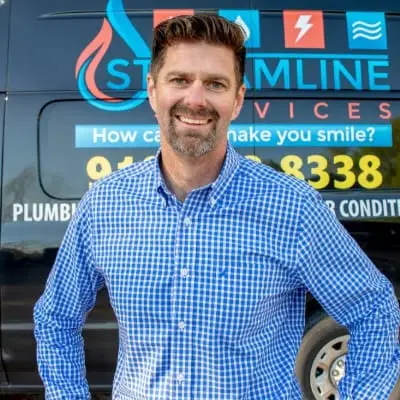
Written by
Bob Sweet
Bob Sweet is the President and Owner of Streamline Services, a fifth-generation, family-owned company based in Durham, North Carolina. Founded in 2001, Streamline Services specializes in plumbing, electrical, heating, and cooling solutions across the Triangle region, including Raleigh, Durham, and Chapel Hill. Under Bob’s leadership, the company has built a reputation for reliability, professionalism, and community engagement. As a licensed contractor, Bob holds North Carolina plumbing license #23908 ensuring that Streamline Services meets the highest industry standards.


